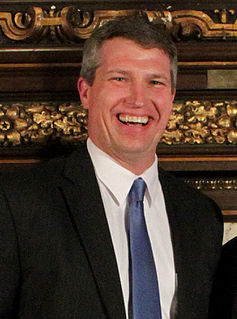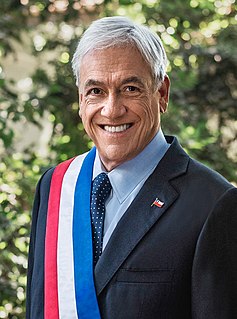A Quote by John Kenneth Galbraith
It is my guiding confession that I believe the greatest error in economics is in seeing the economy as a stable, immutable structure.
Related Quotes
My Prime Minister regards the economy as our highest priority and forgets that economics and ecology are derived from the same Greek word, oikos, meaning household or domain. Ecology is the study of home, while economics is its management. Ecologists try to define the conditions and principles that enable a species to survive and flourish. Yet in elevating the economy above those principles, we seem to think we are immune to the laws of nature. We have to put the ‘eco’ back into economics.
The greatest achievement is selflessness.
The greatest worth is self-mastery.
The greatest quality is seeking to serve others.
The greatest precept is continual awareness.
The greatest medicine is the emptiness of everything.
The greatest action is not conforming with the worlds ways.
The greatest magic is transmuting the passions.
The greatest generosity is non-attachment.
The greatest goodness is a peaceful mind.
The greatest patience is humility.
The greatest effort is not concerned with results.
The greatest meditation is a mind that lets go.
The greatest wisdom is seeing through appearances.
Anyway that's a large part of what economics is - people arbitrarily, or as a matter of taste, assigning numerical values to non-numerical things. And then pretending that they haven't just made the numbers up, which they have. Economics is like astrology in that sense, except that economics serves to justify the current power structure, and so it has a lot of fervent believers among the powerful
Growing up in Israel, how can I not be an optimist? When you remember what Israel was 50 years ago and you see Israel now, one of the most successful countries in the world, stable, democratic, with an enormously stable economy despite everything that has happened in the global economy in the last few years, how can I not be an optimist?
Confession frees, but power reduces one to silence; truth does not belong to the order of power, but shares an origincal affinity with freedom: traditional themes in philosophy, which a political history of truth would have to overturn by showing that truth is not by nature free--nor error servile--but that its production is thoroughly imbued with relations of power. The confession is an example of this.
Either [Jesus] was what he said he was or he was the world's greatest liar. It is impossible for me to believe a liar or charlatan could have had the effect on mankind that he has had for 2000 years. We could ask, would even the greatest of liars carry his lie through the crucifixion, when a simple confession would have saved him? ... Did he allow us the choice... to believe in his teaching but reject his statements about his own identity?
Commercial institutions, proud of their achievements, do not see that healthy living systems - clean air and water, healthy soil, stable climates - are integral to a functioning economy. As our living systems deteriorate, traditional forecasting and business economics become the equivalent of house rules on a sinking cruise ship.



































